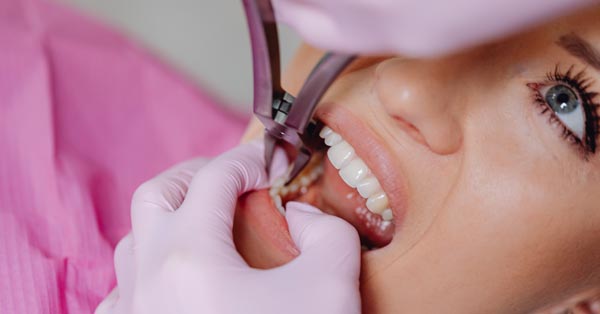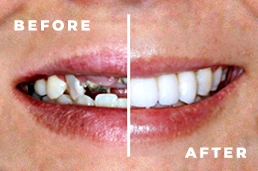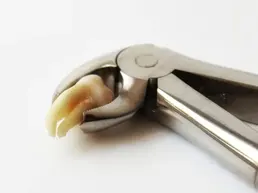Do You Have to Get Your Wisdom Teeth Removed?
When it comes to misleading names, "wisdom teeth" take the cake. Just the word "wisdom" makes it sound like these teeth are something everyone would want; after all, who couldn't stand a little more wisdom? But in fact, wisdom teeth can be a real hassle - and in some cases, they can cause pain and other oral health problems requiring surgery to correct. As it turns out, these teeth get their name not from any benefit they might confer, but because of the time when they erupt - usually between ages 17 and 25 years, a time when a more mature age has, supposedly, also made you wiser.
Having your wisdom teeth taken out has almost become a rite of passage. But do you always need to have them removed? And, if not, when is it OK to leave them in place?
Why wisdom tooth extractions make sense
Because wisdom teeth come in so late, most of the room in your mouth has already been claimed by your other teeth. That means there's not a lot of room left by the time your wisdom teeth decide to make their appearance. As a result, many people's wisdom teeth come in crooked or even sideways. Some wisdom teeth erupt from the side of your gum, completely out of alignment with your other teeth and with your bite. And still others get "stuck" under neighboring teeth that prevent them from erupting completely or at all. These are what are known as impacted wisdom teeth, and they can cause severe pain and even deep infection if not treated promptly.
All of these cases - partial or incomplete eruption, failure to erupt at all, or coming in sideways or at an angle are all reasons to have your wisdom teeth removed. And if your jaw is relatively small and your existing teeth are pretty much taking up all the available space, you should have your wisdom teeth removed as soon as possible, even before they attempt to fully emerge from your gums.
But what if your wisdom teeth come in straight? Perhaps your jaws have ample space left over, or maybe you've had earlier extractions for orthodontic work or trauma. In those cases, your wisdom teeth may come in straight and in relatively good alignment with your other teeth. So that means you can keep them, right? Not necessarily.
Even if your wisdom teeth seem like they're in good shape and properly aligned, there's still a really good reason to have them removed. Because your wisdom teeth are located way back in your jaw, near the point where your lower jaw meets your upper jaw, this cramped location makes it especially difficult to keep your wisdom teeth clean. That means your wisdom teeth can easily become a harbor for food particles, bacteria, plaque, and tartar, all of which can lead to decay, gum disease, and deep infections. Having your wisdom teeth removed in this case can help prevent decay, disease, and infection before they occur. In these instances, wisdom teeth extractions can be a proactive way of helping you maintain good oral health as you get older.
Can wisdom teeth ever stay in place?
Yes, there are some instances when it might be OK to leave your wisdom teeth alone. Specifically, if your wisdom teeth fully erupt, coming in straight and properly aligned without causing any crowding, impactions, shifting of other teeth, or any other problems with your oral health, you might consider keeping them - as long as you are committed to providing them with all the extra care, time, and attention they need to ensure they stay completely clean and free of plaque, tartar, and bacteria. It can take a lot of practice (and even some special tools) to keep your wisdom teeth clean and healthy, but if you're really committed to those requirements - and you think you can stay committed for the rest of your life - you might consider letting your wisdom teeth stay where they are.
As a leader in state-of-the-art extraction procedures, the team at The Dental Touch helps patients get the care they need for all their teeth - including their wisdom teeth. If your wisdom teeth are causing you problems or if you'd like to find out how extractions can help improve your future oral health, book an appointment online today.

















